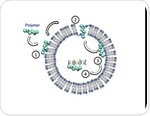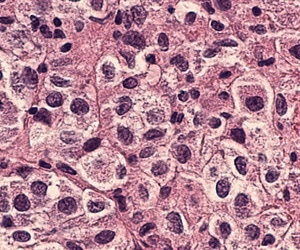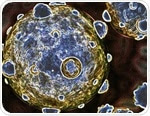| ||||||||||||||||||||||||||||||||||||||||||||||||||||||
| ||||||||||||||||||||||||||||||||||||||||||||||||||||||
| ||||||||||||||||||||||||||||||||||||||||||||||||||||||
| ||||||||||||||||||||||||||||||||||||||||||||||||||||||
| ||||||||||||||||||||||||||||||||||||||||||||||||||||||
| ||||||||||||||||||||||||||||||||||||||||||||||||||||||
| ||||||||||||||||||||||||||||||||||||||||||||||||||||||
miércoles, 28 de marzo de 2018
Nanomedicine - Mar 27, 2018 Edition
Health News and Information - News Medical
Suscribirse a:
Enviar comentarios (Atom)






































.png)









No hay comentarios:
Publicar un comentario